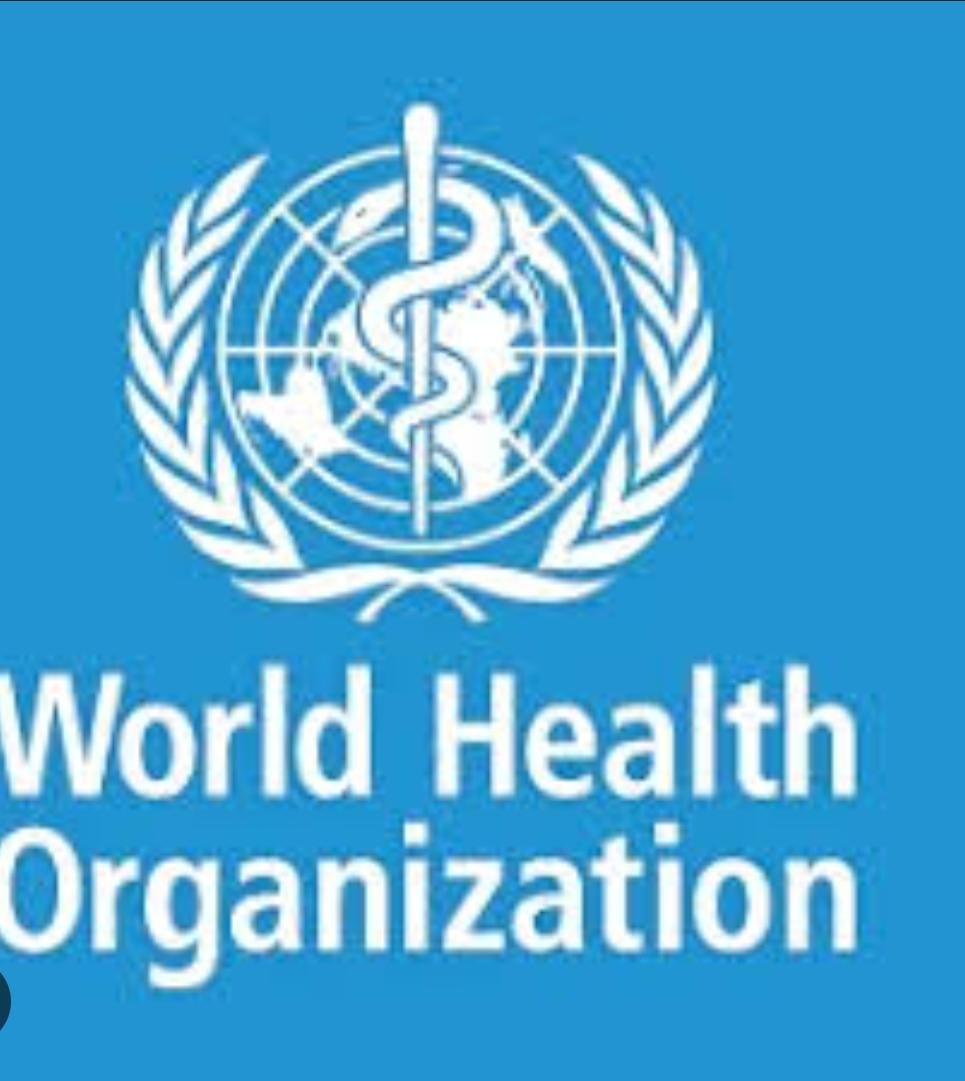Kenya is currently in the initial phase of implementing the Package of Essential NCD Interventions Plus (PEN Plus), a World Health Organization (WHO)-recommended strategy for managing severe non-communicable diseases (NCDs) targeting very poor and vulnerable families.
According to a statement, the Ministry of Health (MoH) and its partners are currently developing the National Operational Plan for its roll-out in 35 Counties by 2030.
Severe NCDs include rheumatic heart disease, congenital heart diseases, Type 1 diabetes, sickle cell disease, and heart failure.
“Our commitment is unwavering in ensuring that every Kenyan receives the highest quality of healthcare, particularly extending this dedication to children and young adults grappling with severe NCDs,” said Dr. Issak Bashir, Director of the Directorate of Family Health at the MoH during a workshop to develop the PEN Plus National Operational Plan last week.
“Consequently, we are wholeheartedly devoted to the complete implementation and expansive scaling up of PENPLUS across all regions.” He said.
PEN Plus trains mid-level providers such as nurses and clinical officers in the skills needed to provide integrated chronic care services for a group of severe NCDs, including diagnosis, symptom management, psychosocial support, palliative care, and referral for surgical and other specialty care when necessary 1.
“This commitment is anchored in the implementation of universal health coverage, involving the strengthening of human resources for health, health financing, health products and technology, and the strategic use of digital technologies,” he added, noting that a pivotal strategy involves strengthening primary healthcare, transitioning from a focus on curative services to preventive and promotive health services.





